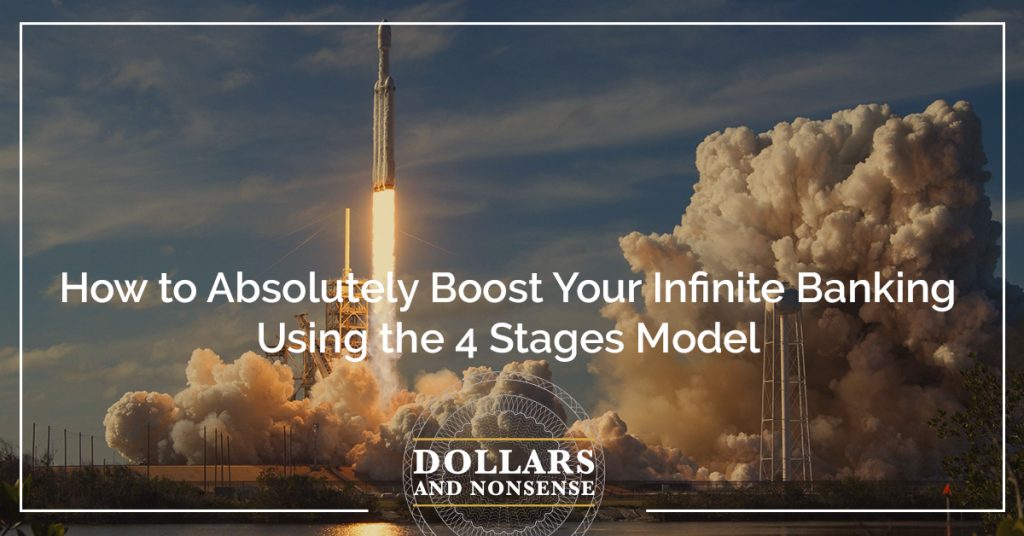
E202: How to Absolutely Boost Your Infinite Banking Using the 4 Stages Model
Discover how the four stages of the Infinite Banking Concept (IBC) can revolutionize your financial clarity.

Discover how the four stages of the Infinite Banking Concept (IBC) can revolutionize your financial clarity.
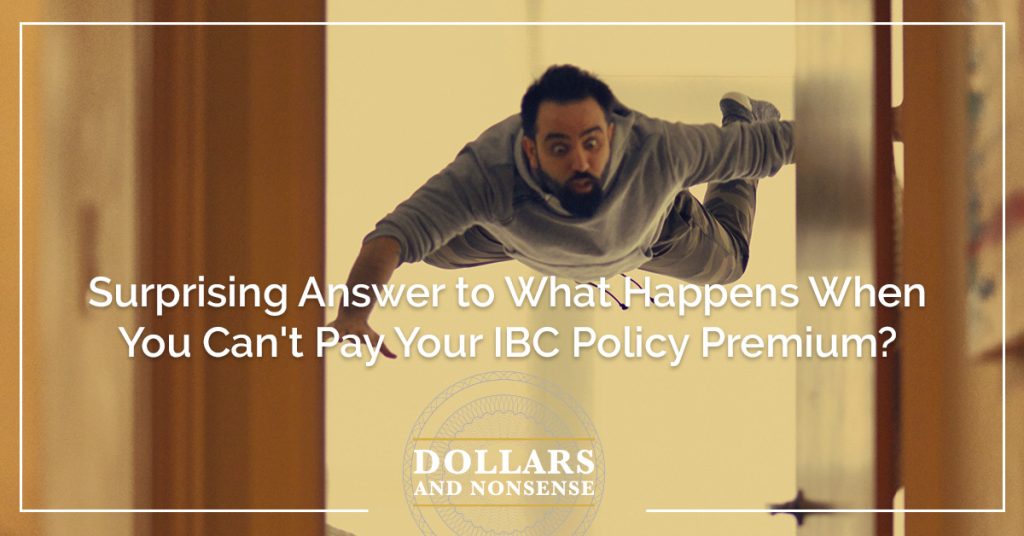
In this episode, Nate demystifies the consequences and outlines effective strategies to keep you on the path to financial autonomy. Learn how to turn a potentially stressful situation into an opportunity for financial growth. Arm yourself with knowledge, plan for the unexpected, and transform your financial future. Don’t let a hiccup derail your journey—tune in
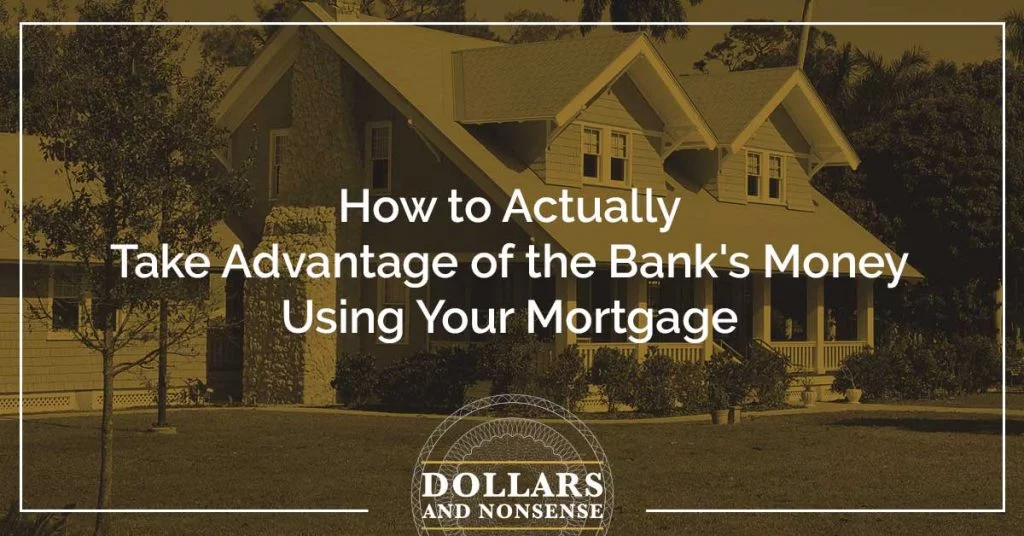
In this episode, we discuss the ton of misconceptions that banks want you to believe about mortgages and interest rates. We’ll share what you ought to be doing instead. Topics Discussed Why banks keep you in the dark Basic truths about the math of home mortgages Why paying a mortgage off early may not be
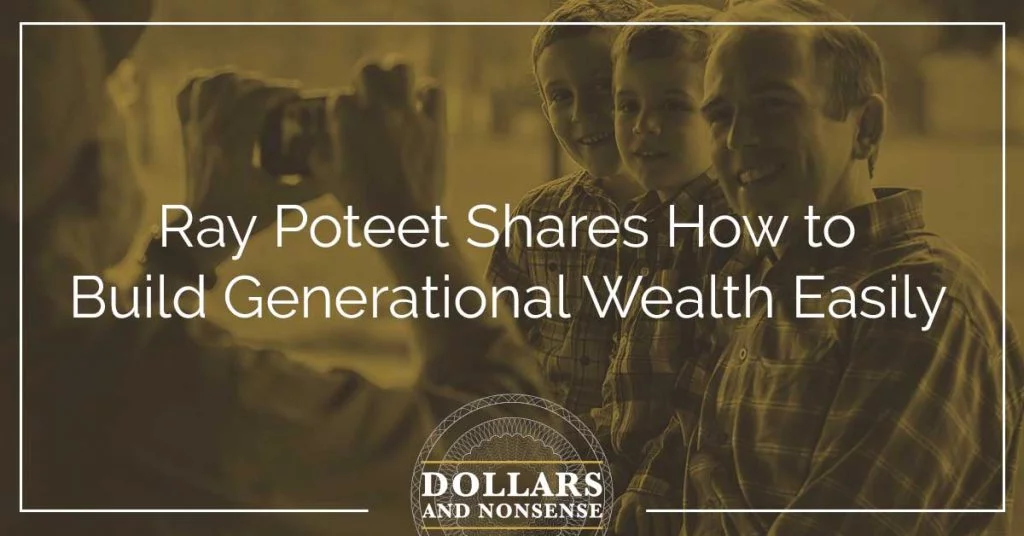
Founder Ray Poteet joins Holly and Nate to share his wisdom on building generational wealth using infinite banking. Specifically, we’ll dive into how parents can benefit their children and grandchildren by creating a private family financing system. With time on his hands, Ray has dug deeper into the meaning of private family financing. Today, you
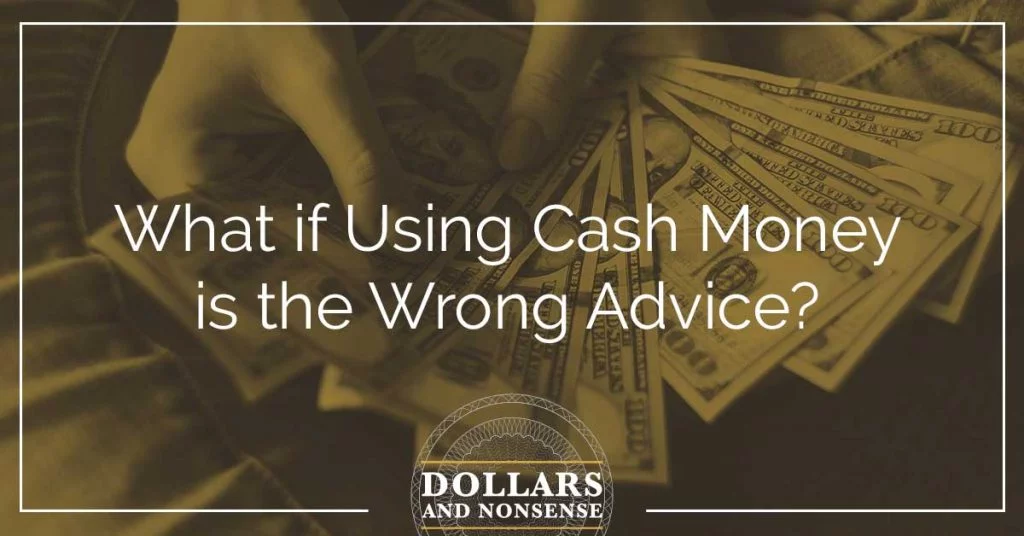
In this episode, we discuss why it’s time to rethink how you use money. We’ll take an in-depth look at how you can mimic the rich in your financial situation.
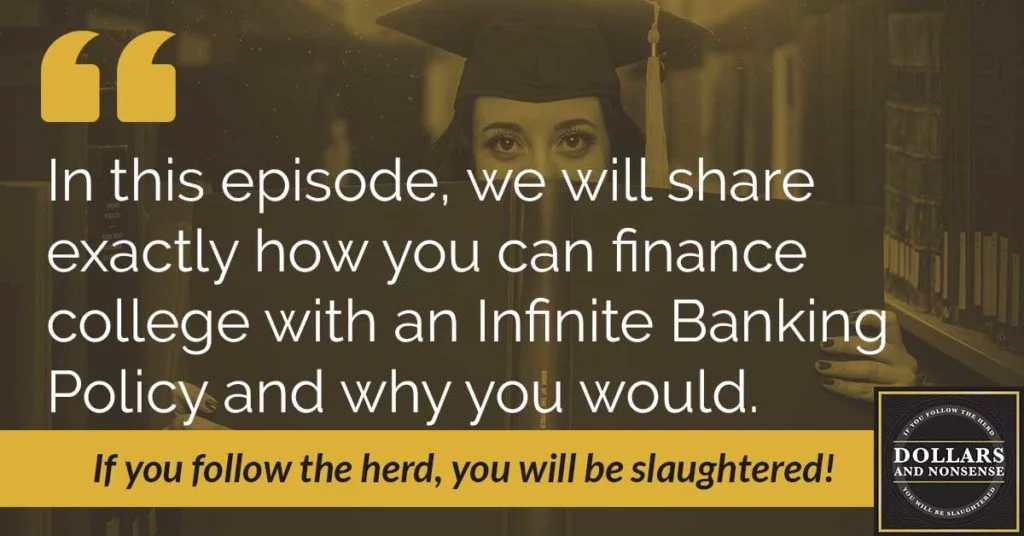
In this episode, we will share exactly how you can finance college with an Infinite Banking Policy.
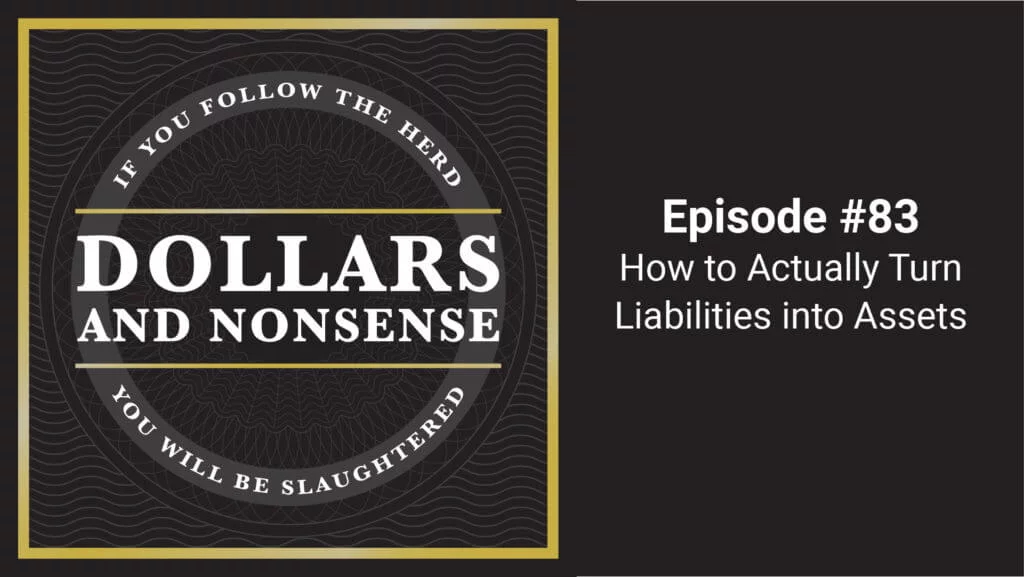
In this episode, we will discuss how to put more money back in your pocket by turning your liabilities into assets.
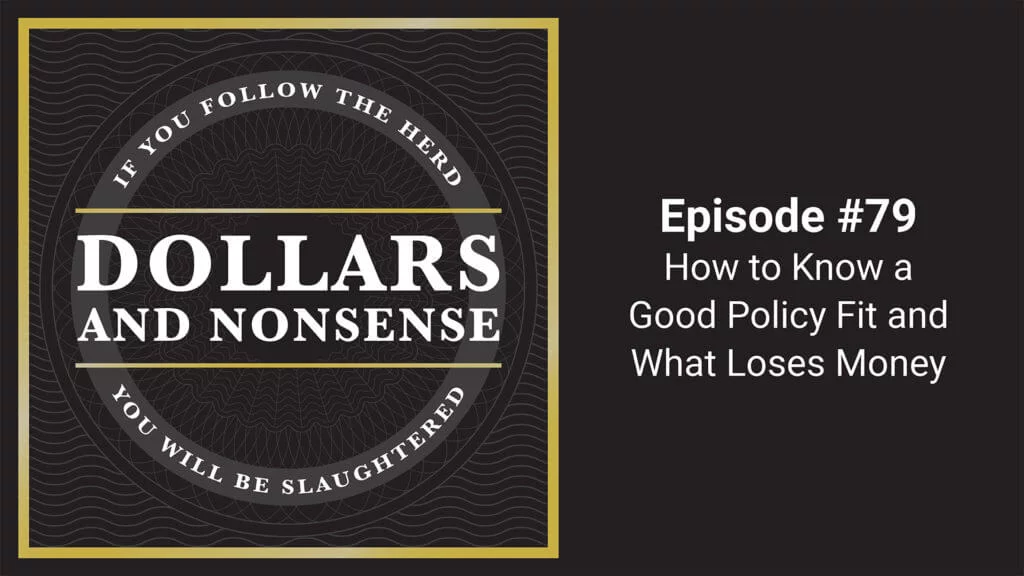
We discuss how we assess whole life insurance policies to determine if they’re good or bad for you. We also share what you can do with your policy if it’s losing money.
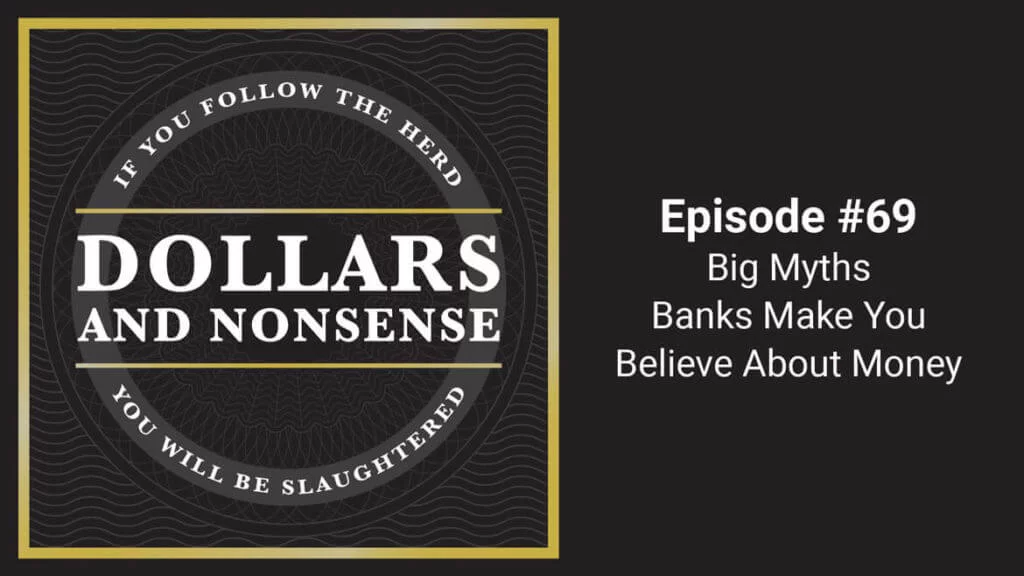
We discuss the three biggest banking myths people believe. These myths can dictate your behavior and hold back your ability to build wealth.
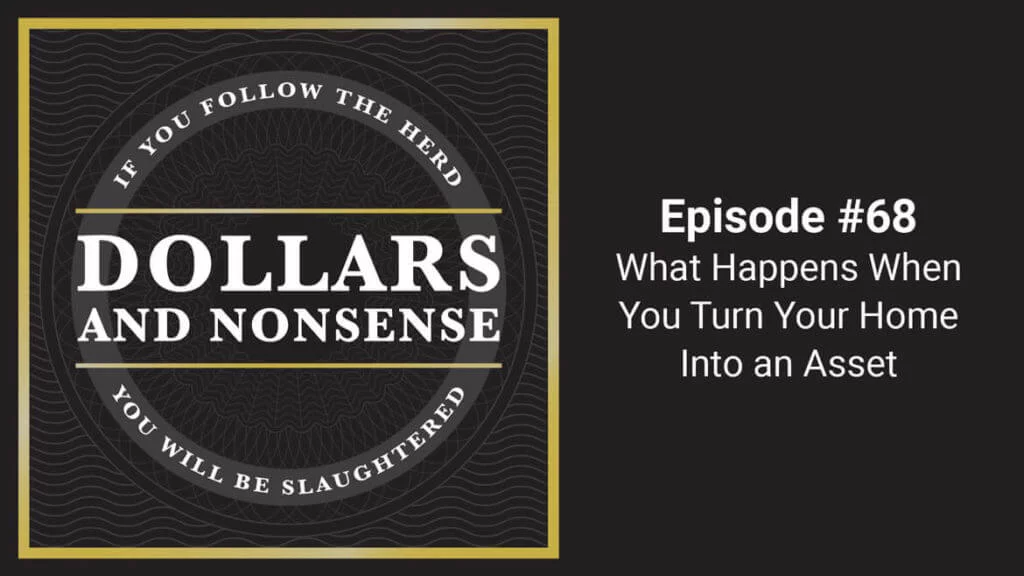
In this episode, we continue our discussion on mortgage myths and how to turn your house into an asset. You’ll be able to beat the bank and pay yourself first.

Bank on yourself, and start building your own wealth empire. At Living Wealth, we’ll guide you through the process by providing the resources and the expertise you need to be in control of your financial future and legacy.
3110 Mesa Way Suite A
Lawrence, KS 66049 (map)
©2024 LivingWealth. All Rights Reserved.